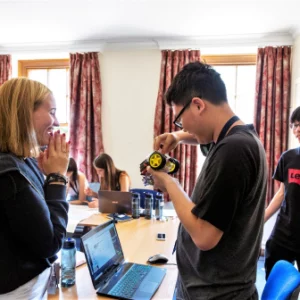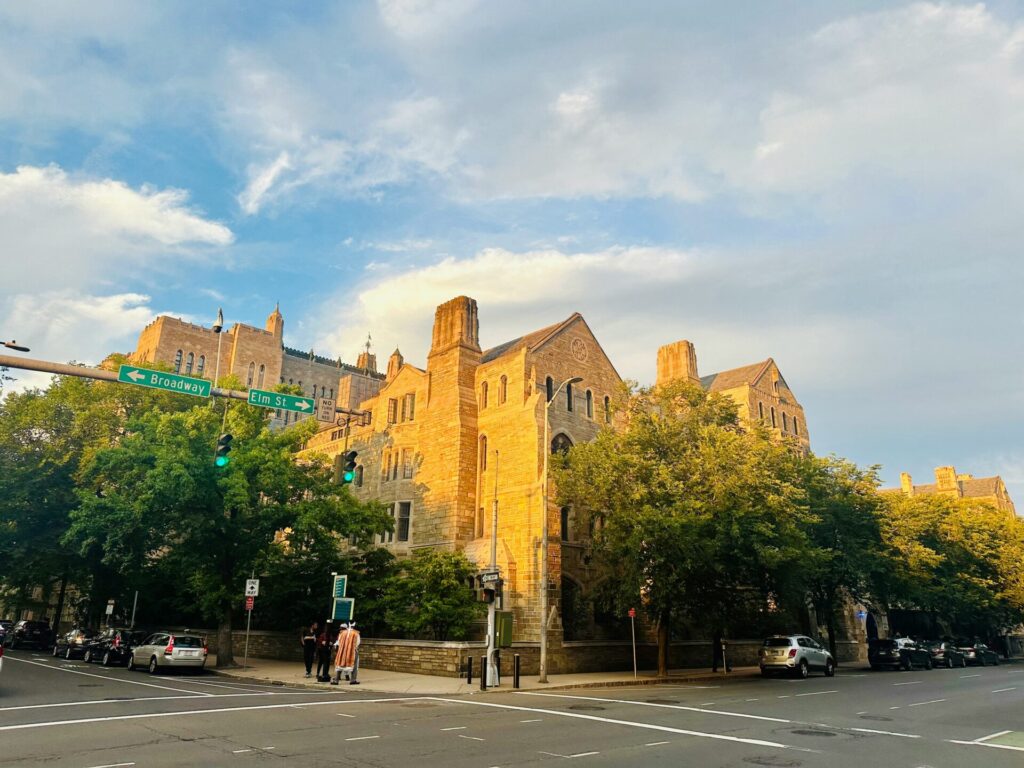Oxford and Cambridge (Oxbridge) are not only the most well-known and highly ranked universities in the United Kingdom; they are also distinct from other institutions in crucial ways. If you are a new student, the first month at these universities can be both exhilarating and stressful at the same time, as everything appears to happen all at once. But how do you make the most of it? With that in mind, we’ve compiled a list of key terms to help you navigate the Oxbridge collegiate system:
Colleges
The collegiate system is the first important facet of Oxbridge. Both Oxford and Cambridge are made up of several colleges – more than 40 at Oxford and more than 30 at Cambridge – and prospective students customarily apply to a specific college. Colleges are typically a cluster of buildings, typically old and appealing, that constitute a tiny self-contained village. Within each college complex, you’ll discover student housing, common spaces, cafés and bars, library and computer facilities, and staff offices.
Colleges provide a pre-existing community, making it simpler for new students to settle in and meet students from various disciplines. Many social activities take place in and around these college neighborhoods. Intercollegiate competition is vital in Oxbridge sports, particularly rowing!
Colleges, in addition to being social centres, also provide academic help. Students’ primary tutors (academic supervisors) are normally situated in the same college where they have tutorials. Colleges, in general, offer student support services ranging from health care to financial aid.
Tutorials & Supervisions
The second feature that distinguishes Oxford and Cambridge is their emphasis on teaching in small groups, and even one-on-one. These small-group teaching sessions, which typically last an hour or more, are known as tutorials in Oxford and supervisions at Cambridge.
Oxbridge students interact with prominent professors from day one of their first year. This is especially common during lessons and supervision. The senior academics are specialists in the topic you’re interested in, so take advantage of the opportunity to ask questions and discuss areas of your degree or something you discovered via wider reading that you found intriguing.
As you can imagine, this entails an extremely demanding workload. You should expect one or two lessons per week, depending on the subject, with each needing extensive preparation. This means that the task is significantly greater than at most universities. As a result, it’s unusual to find Oxbridge students working part-time during term time because there just isn’t enough time. However, terms are shorter in Oxbridge than at most UK institutions. Each academic year is divided into three terms of around eight weeks each. At Oxford, these are known as Michaelmas in the autumn, Hilary in the spring, and Trinity in the summer. At Cambridge, they have Michaelmas, Lent and Easter. There are lengthy breaks in between these 8-week terms, which many students utilise to find a temporary job, catch up on academics, and enjoy a well-deserved rest!
Lectures
Read through your schedule and make sure you remember all of the lecture, seminar and tutorial times, especially if your schedule varies every week. We urge that you establish solid habits early on, which includes attending all of your lectures, including the Monday morning sessions, in order to keep on top of
the teaching and course content. Remember that the terms are only eight weeks long, so you cannot afford to coast for the first four weeks!
Treat that each lecture is equally important: lecturers frequently drop pointers and recommendations concerning tests, and if they do not record the lecture, it is nearly impossible to catch up afterward by simply looking at the presentation slides.
Following that, always take notes and create a good habit of carefully writing them up when you end the day. When prepping for examinations, scribbles and strange words in a notepad are extremely tough to comprehend. If you like to study in a calmer environment, look for libraries where you can get away from it all. Consider it an educational investment: the more effort you put in at the beginning and the more on top of your work you stay on top of, the simpler it will be when examinations roll around. You’ll have more time to revise instead of scrambling to catch up.
Join the Immerse Education 2025 Essay Competition
Follow the instructions to write and submit your best essay for a chance to be awarded a 100% scholarship.

Traditions
While other institutions have their own traditions, Oxford and Cambridge stand out for having preserved so many old and, to an outside observer, often odd ones. One of these is the usage of Latin during formal events such as matriculation (the official start of your academic career), graduation, and formal feasts.
These gatherings are also distinguished by another defining characteristic: the donning of gowns. Once worn almost all the time by university members, these are now reserved for special occasions, sometimes accompanied by ‘subfusc’. This is another bit of Latin which translates as ‘dark
or dusky colour’, but in context refers to an Oxford formal dress code that requires students to wear black trousers or skirts, a white shirt, and a white bowtie or black ribbon.
There are many more Oxbridge customs. Some are critical, some are simply amusing, and nearly all are accompanied by a unique language heard nowhere else. It can be interesting to have to dress a specific way or be surrounded by people speaking bizarre Oxbridge lingo at times. However, for most students, the idiosyncrasies and traditions of Oxbridge life are all part of the sense of belonging to a community and the pleasure of being a student.
Well-Being
At university, taking care of oneself is the number one concern. Sleepless nights, deadlines to meet, pressure, and unhealthy diets eventually take their toll on students each year. The Higher Education Statistics Agency recorded a 210% rise in students leaving university early due to
mental health issues.
It is very common for students to feel homesick, especially at the beginning of their first year. One of the most effective methods to deal with this is to surround yourself with your college classmates and housemates. Cooking together and exploring your surroundings will serve as a diversion. Participating in sports and organizations would also greatly help.
Make an effort to get outside of your comfort zone and generate or participate in opportunities with individuals around you. When you initially arrive, knock on the doors of your roommates and leave your door open to introduce yourself to everyone you will be living with. Explore the town or city with your housemates and classmates to find the locations of your lectures, laboratories, and tutorials, as well as places to socialize and unwind.
You’ve Got This!
Considering all of these, one might conclude that attending an Oxbridge college can overall be an overwhelming experience. This could be undeniably true, but we hope that your learning experience becomes enjoyable, healthy, and rather fulfilling.
In reality, everyone requires some guidance or assistance along the way. At Oxbridge, there are various aid groups available to you for whatever help you may require. If things are getting to you or you need to talk about something, read through the list or contact your institution’s student services to see if they can assist you. Oxbridge will ensure to communicate the details of an accessible counselling service to all its students, meaning support is always just a phone call away. After all, dedication is the key to success. You have to be the type of person who, like a flower, blooms wherever you are planted.





















